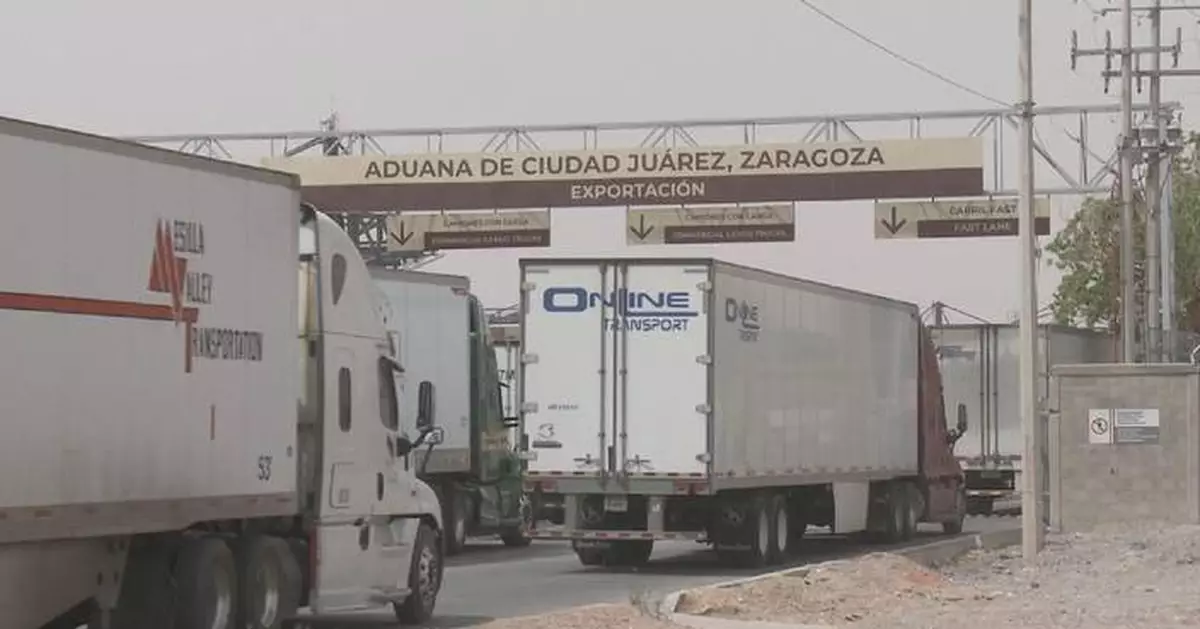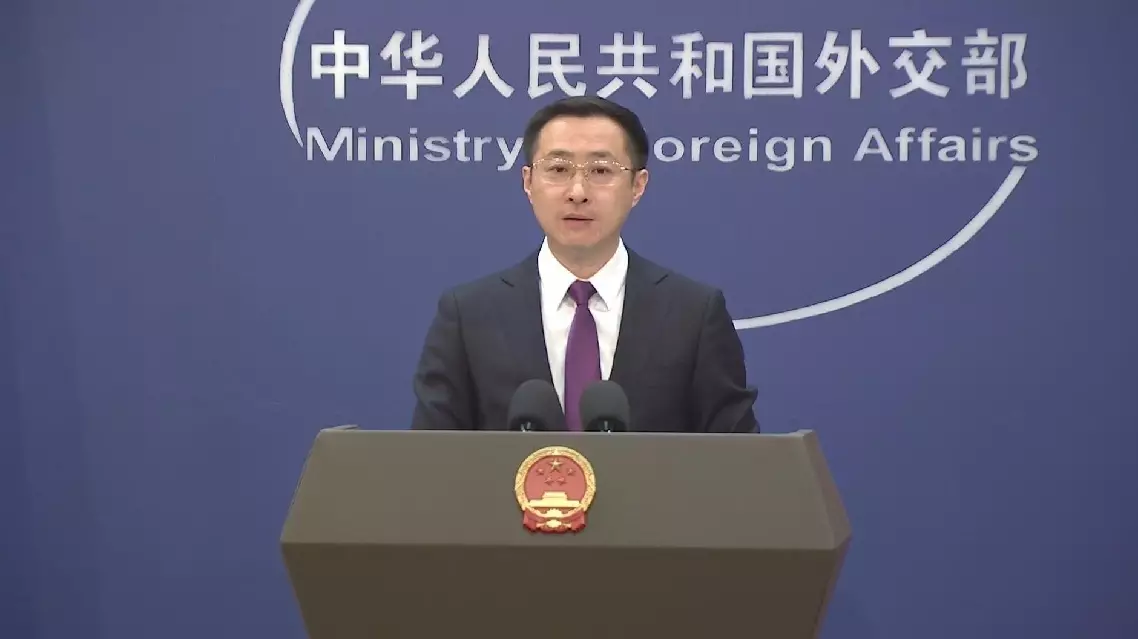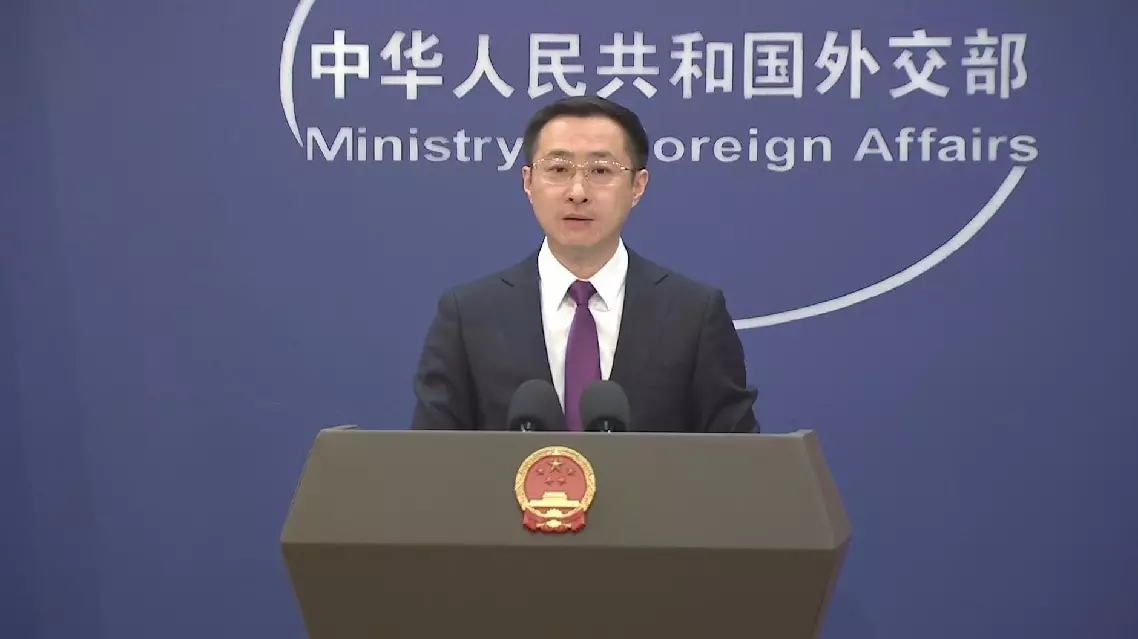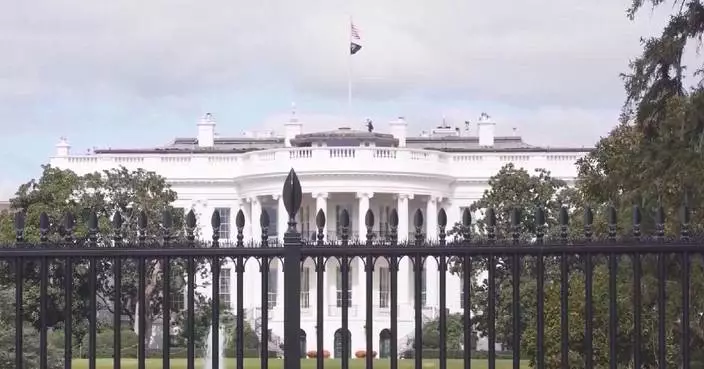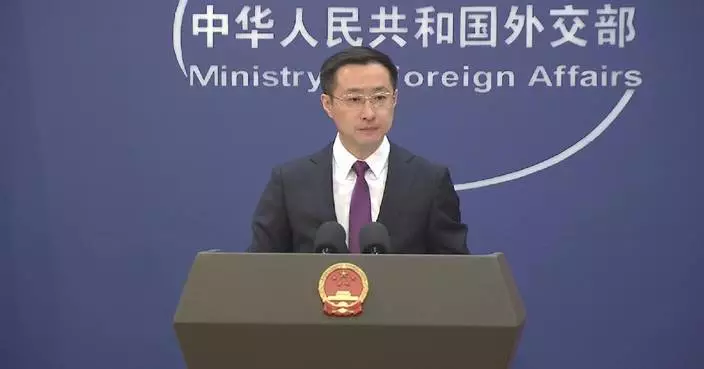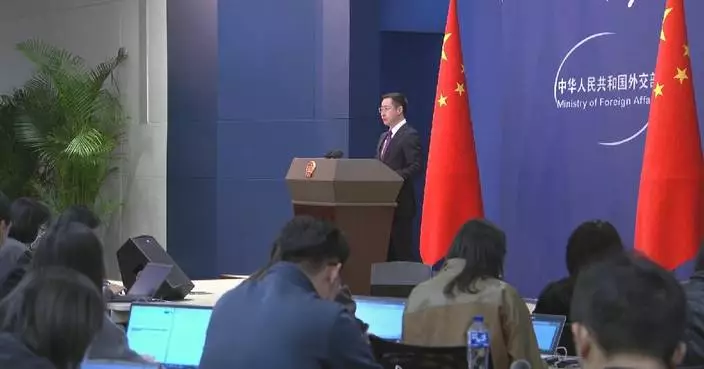The U.S. tariff is set to have a negative impact on cross-border trade between Mexico and the United States, driving up logistics costs and posing broader economic risks, said an industry expert and transport workers.
U.S. President Donald Trump on Wednesday signed an executive order on the so-called "reciprocal tariffs," imposing a 10-percent "minimum baseline tariff" and higher rates on certain trading partners.
For Canada and Mexico, United States-Mexico-Canada Agreement (USMCA) compliant goods will continue to see a 0 percent tariff, non-USMCA compliant goods will see a 25 percent tariff, and non-USMCA compliant energy and potash will see a 10 percent tariff, according to the White House.
A document released earlier by the White House stated that Trump had signed a proclamation invoking Section 232 of the Trade Expansion Act of 1962 to impose a 25 percent tariff on imports of automobiles and certain auto parts, citing "a critical threat to U.S. national security." The measure took effect on Wednesday, with tariff collection beginning on Thursday.
According to official statistics from the Mexican government, from November 2023 to the end of 2024, goods worth a total of 350 million U.S. dollars were exported by land from Mexico's northern border to the U.S., including about 77 million U.S. dollars worth of goods transported northward from Ciudad Juarez via road and rail to the North American market, primarily consisting of fully assembled automobiles and auto parts.
Since February, the U.S. has repeatedly shifted its stance on tariff measures, leaving many enterprises uncertain and fueling anxiety among drivers traveling between the two countries.
"I have been in this business for eight years. Recently, many companies have suspended deliveries, and many people are waiting to see if prices will rise," said a truck driver.
"I feel uncertain about the future, and imposing tariffs is actually harmful to both the U.S. and our country," said another truck driver.
Manuel Sotelo, Vice President of the National Chamber of Freight Transportation (CANACAR) in Northern Mexico, stated that U.S. tariffs on imported cars would have a notable impact on Mexico's vehicle and spare parts transportation, leading to a slight increase in logistics costs for enterprises. However, the uncertainty brought by tariff policies would pose a more significant threat to the economies of both Mexico and the U.S.
"I believe logistics costs will likely rise by about 10 to 15 percent. Mexico is the largest trading partner of the U.S., and also the country that purchases the most goods from the U.S. Any form of tariffs and the resulting cost increases will ultimately lead to inflation, impacting both economies," said Sotelo.
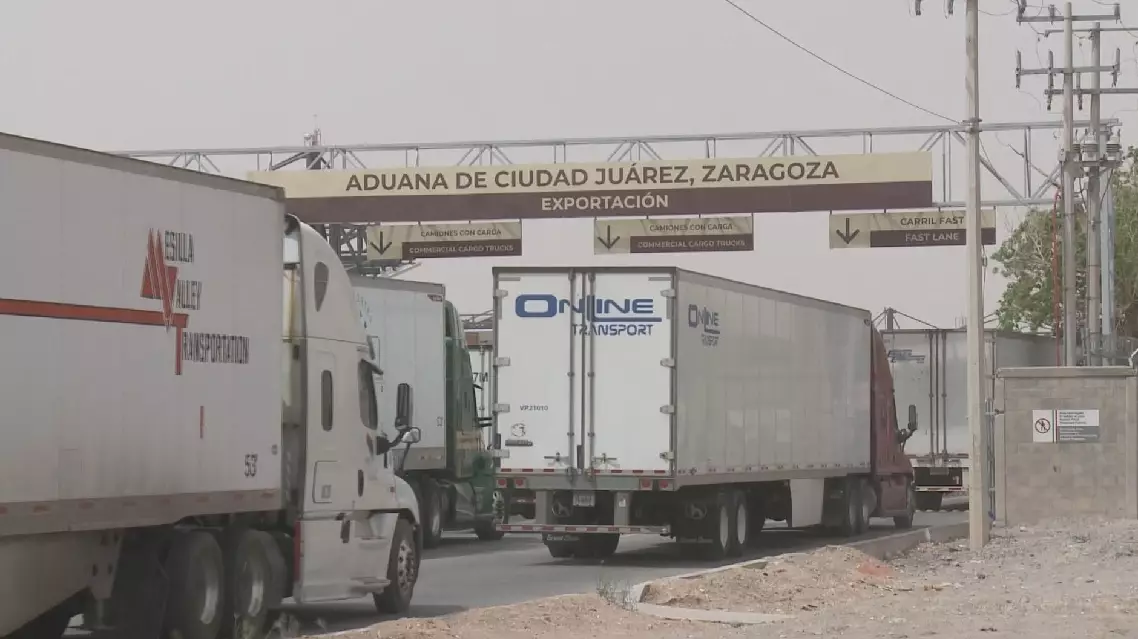
US tariff hurts Mexico-US trade, raises costs, economic risks: Mexican insiders
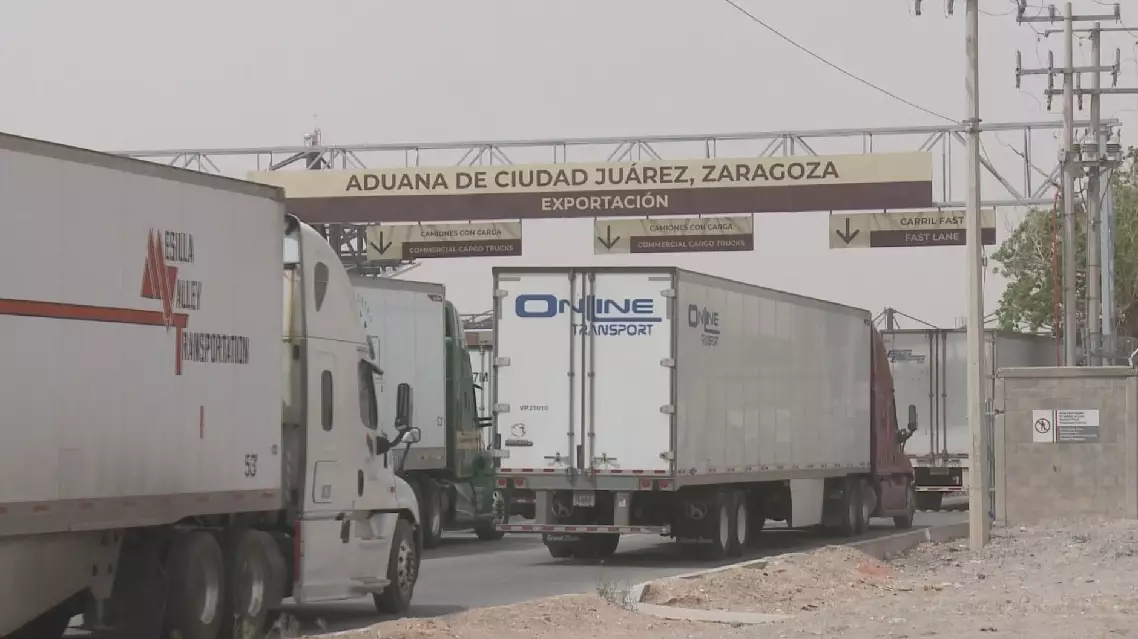
US tariff hurts Mexico-US trade, raises costs, economic risks: Mexican insiders


